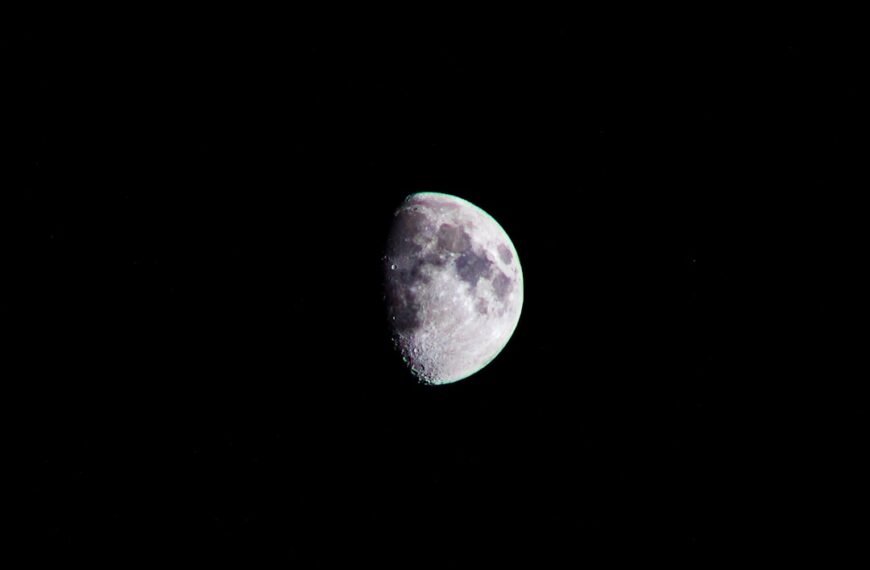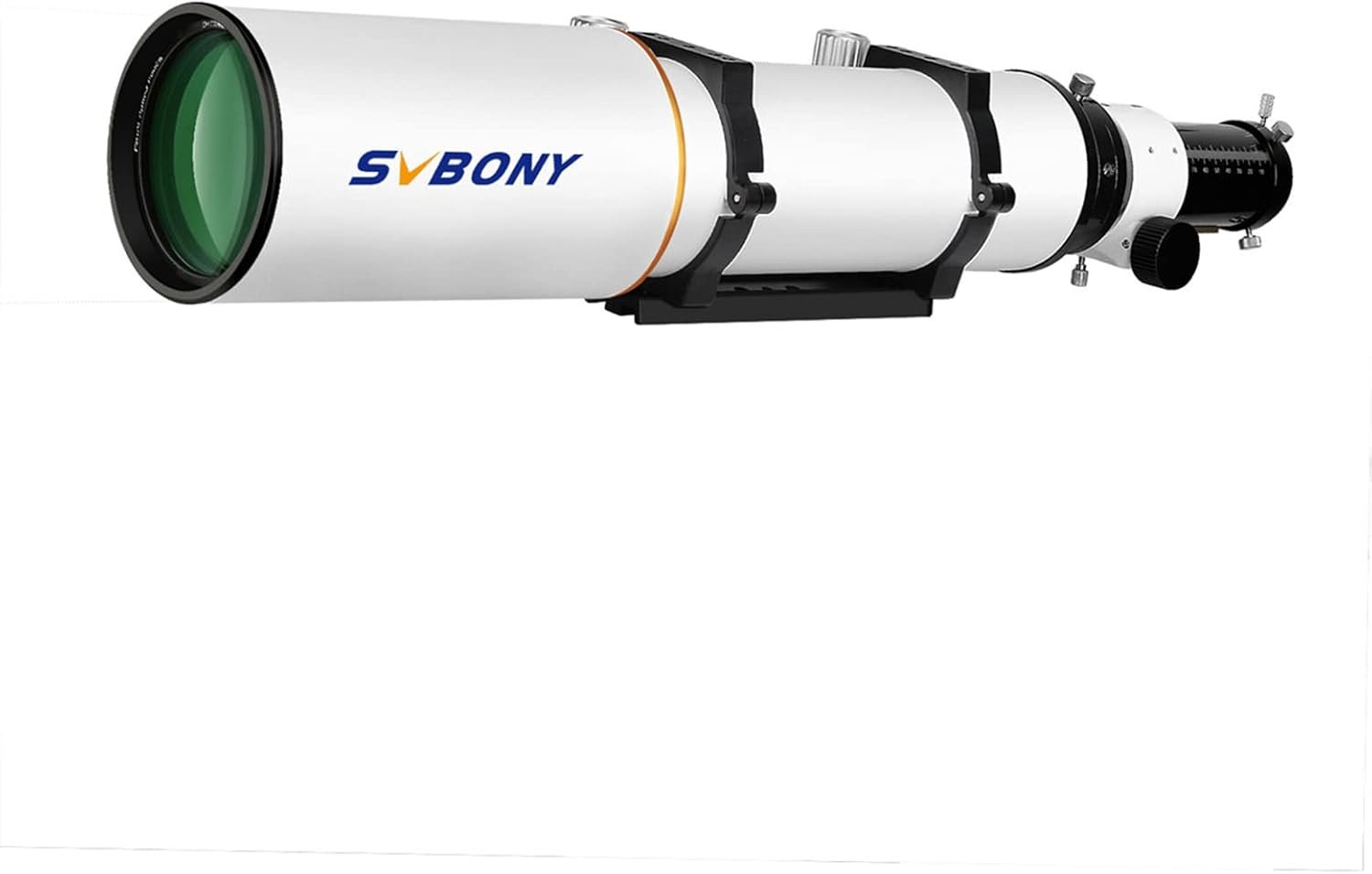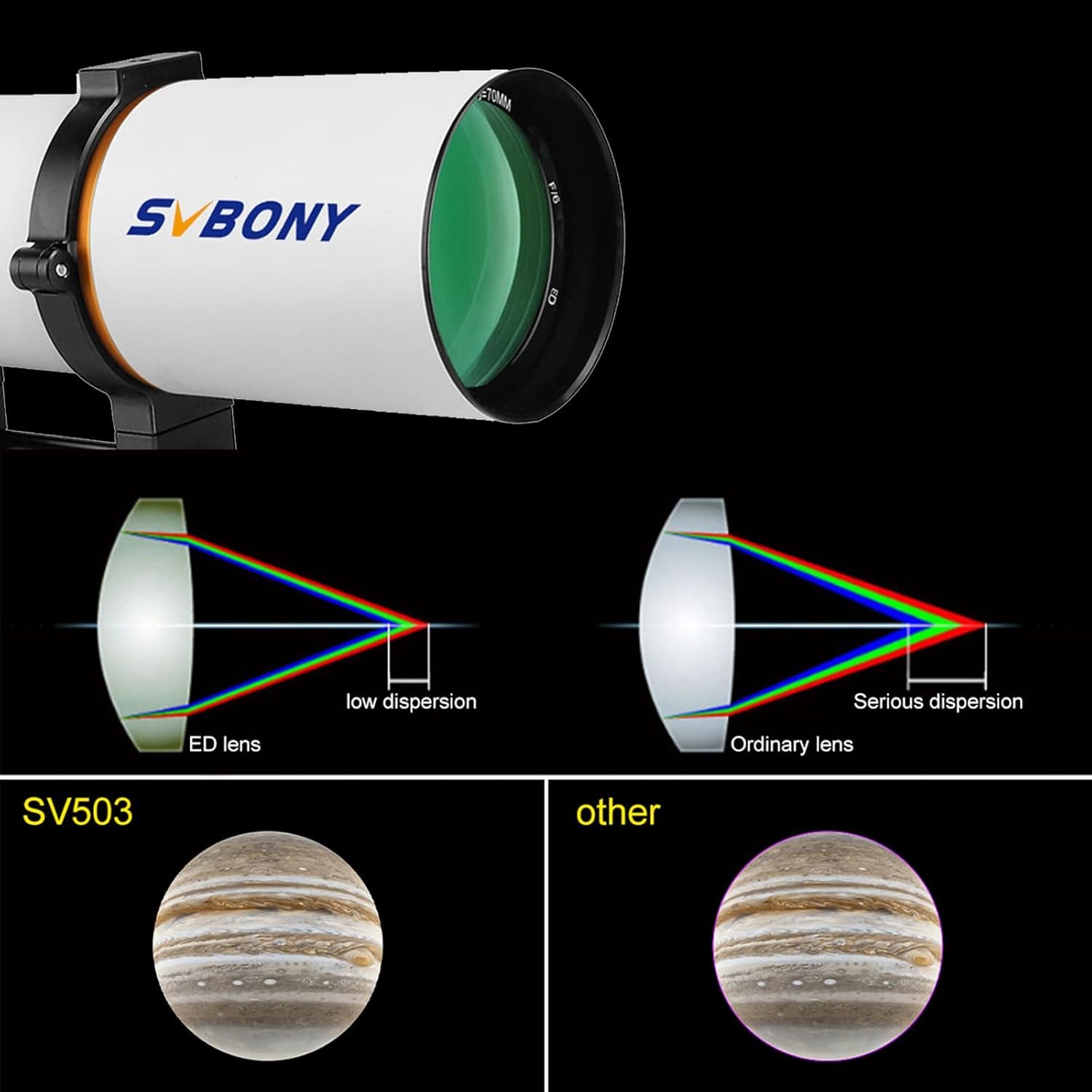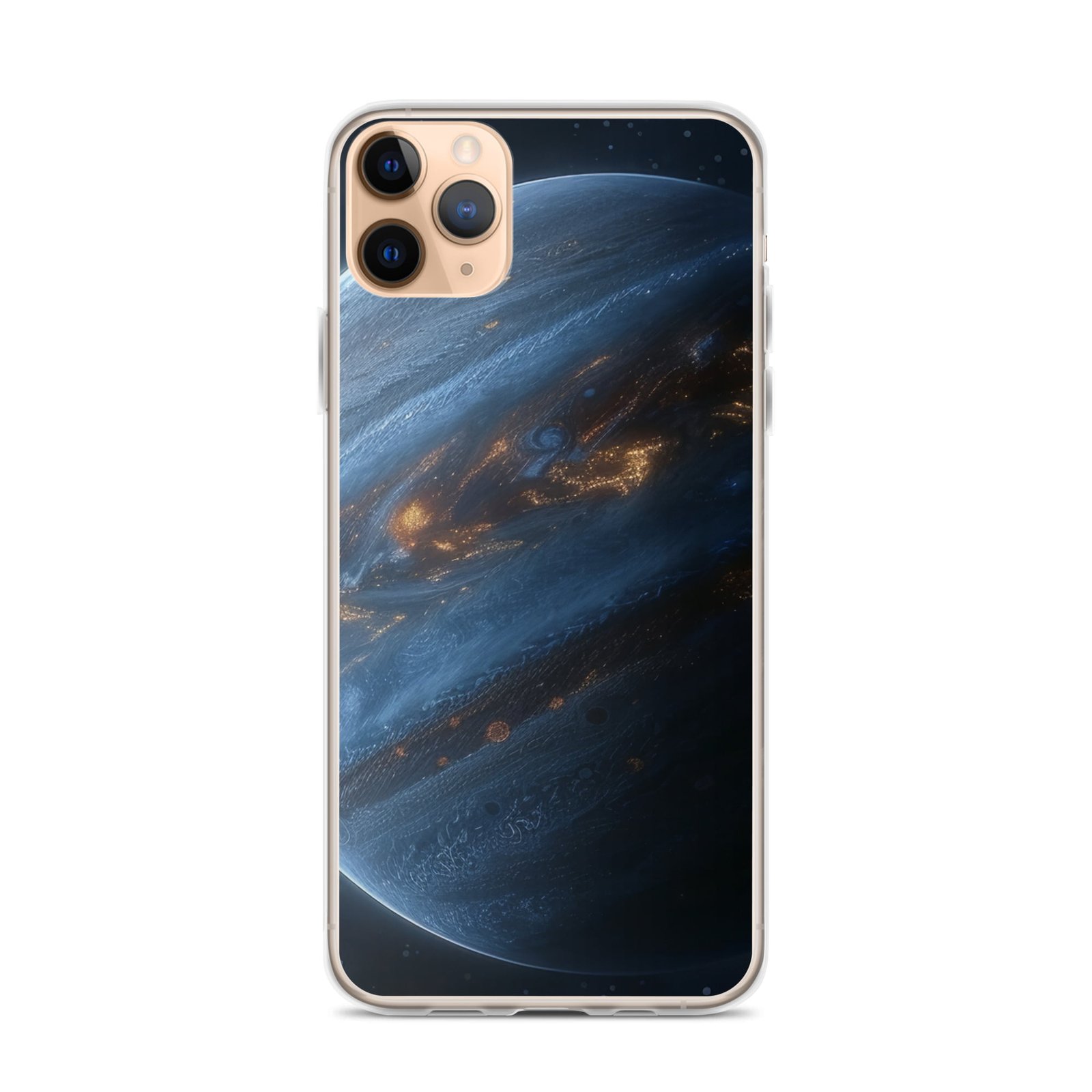Time dilation is a fascinating concept that arises from the theory of relativity and has significant implications for space exploration. In simple terms, time dilation refers to the difference in the passage of time between two observers who are moving relative to each other. This phenomenon occurs due to the distortion of space-time caused by gravity and velocity. Understanding time dilation is crucial for space exploration as it affects the accuracy of time measurement, the aging process, and the planning of long-duration missions.
Key Takeaways
- Time dilation is the phenomenon where time appears to move slower in areas of high gravity or high velocity.
- The theory of relativity introduced the concept of time as a relative measurement, rather than an absolute one.
- Gravity affects time by warping the fabric of space-time, causing time to move slower in areas of higher gravity.
- Velocity also affects time dilation, with time appearing to move slower the faster an object is moving.
- Time dilation has practical implications for space travel, including the need for precise timekeeping and the potential for time travel.
Understanding the concept of time dilation in space
Time dilation occurs because space and time are interconnected, forming a four-dimensional fabric known as space-time. When an object moves through space-time, it experiences a distortion in the fabric, which affects the passage of time. The greater the distortion, the slower time passes for that object relative to a stationary observer.
One example of time dilation in space is the famous “twin paradox.” Imagine two identical twins, one stays on Earth while the other travels into space at near-light speed and then returns to Earth. The twin who traveled will have aged less than their sibling who stayed on Earth. This is because their high velocity caused time to pass more slowly for them compared to their stationary twin.
The theory of relativity and its impact on time measurement
The theory of relativity, developed by Albert Einstein, revolutionized our understanding of space, time, and gravity. It consists of two parts: special relativity and general relativity. Special relativity deals with objects moving at constant speeds, while general relativity includes acceleration and gravity.
According to special relativity, the speed of light is constant in all inertial frames of reference. This means that as an object approaches the speed of light, its perception of time slows down relative to a stationary observer. General relativity extends this concept to include gravity. In the presence of a massive object like a planet or a star, space-time is curved, causing time to pass more slowly in regions of stronger gravity.
How gravity affects time in space and on Earth
Gravity plays a significant role in time dilation. The closer an object is to a massive body, the stronger the gravitational field it experiences, and the slower time passes for it. This effect is known as gravitational time dilation.
On Earth, the difference in gravitational pull between the surface and higher altitudes causes a slight time dilation. Clocks at higher altitudes tick slightly faster than those at sea level. This effect has been measured using highly accurate atomic clocks.
In space, where gravity is weaker or absent, time dilation becomes more pronounced. For example, astronauts aboard the International Space Station experience a slightly slower passage of time compared to people on Earth. Over long-duration missions or near massive objects like black holes, the effects of gravity on time dilation become even more significant.
The role of velocity in time dilation
Velocity also plays a crucial role in time dilation. According to special relativity, as an object approaches the speed of light, its perception of time slows down relative to a stationary observer. This effect is known as velocity time dilation.
The faster an object moves through space, the slower time passes for it relative to a stationary observer. This effect becomes more pronounced as the object’s velocity approaches the speed of light. For example, if a spaceship were to travel at 90% of the speed of light for one year, it would experience only 0.44 years of elapsed time.
The practical implications of time dilation for space travel

Time dilation has practical implications for space travel and exploration. As mentioned earlier, astronauts aboard the International Space Station experience a slightly slower passage of time compared to people on Earth. This means that over long-duration missions, astronauts age slightly slower than their counterparts on Earth.
Additionally, accurate measurement of time is crucial for navigation and communication in space. The slight time dilation experienced by astronauts can affect the accuracy of their calculations and the synchronization of their instruments. Therefore, it is essential to account for time dilation when planning space missions to ensure accurate timekeeping and successful operations.
The challenges of measuring time accurately in space
Measuring time accurately in space presents several challenges. Firstly, the effects of time dilation are incredibly small and require highly precise instruments to detect. Atomic clocks, which measure the vibrations of atoms, are currently the most accurate timekeeping devices available and are used in space missions.
Secondly, the environment of space itself can affect the accuracy of time measurement. Factors such as temperature, radiation, and microgravity can influence the performance of atomic clocks and other timekeeping devices. Scientists and engineers must develop robust and reliable instruments that can withstand these harsh conditions to ensure accurate time measurement in space.
The potential benefits of time dilation for future space exploration
Time dilation has the potential to benefit future space exploration in several ways. Firstly, it could enable humans to travel vast distances in shorter subjective times. As an object approaches the speed of light, its perception of time slows down relative to a stationary observer. This means that future spacecraft traveling at high velocities could potentially reach distant destinations within a reasonable timeframe from the perspective of the astronauts on board.
Secondly, time dilation could provide insights into the nature of the universe and its fundamental laws. By studying the effects of gravity and velocity on time dilation, scientists can gain a deeper understanding of how space-time behaves under extreme conditions. This knowledge could lead to breakthroughs in our understanding of black holes, the early universe, and other cosmic phenomena.
The impact of time dilation on human physiology and aging
Time dilation also has implications for human physiology and aging during long-duration space missions. As astronauts travel at high velocities or near massive objects, they experience slower passage of time compared to people on Earth. This means that astronauts age slightly slower than their counterparts on Earth.
Understanding the effects of time dilation on human physiology is crucial for planning long-duration space missions. It can help scientists develop countermeasures to mitigate the potential negative effects of prolonged exposure to reduced gravity and altered time perception. This knowledge is essential for ensuring the health and well-being of astronauts during extended space missions.
The role of atomic clocks in measuring time in space
Atomic clocks play a vital role in measuring time accurately in space. These clocks use the vibrations of atoms, typically cesium or rubidium, to measure time with extraordinary precision. Atomic clocks are currently the most accurate timekeeping devices available, with an accuracy of about one second in millions of years.
Atomic clocks are used in space missions to ensure accurate time measurement for navigation, communication, and synchronization of instruments. They are designed to withstand the harsh conditions of space, including temperature variations, radiation, and microgravity. The development of atomic clocks has been a significant technological advancement that has greatly improved our ability to measure time in space.
The ongoing research into time dilation and its effects on the universe
Research into time dilation and its effects on the universe is an active area of study. Scientists continue to explore the implications of time dilation for space exploration, cosmology, and fundamental physics. Ongoing experiments aim to measure time dilation more accurately and investigate its effects under extreme conditions.
One area of research focuses on studying the effects of time dilation near black holes. Black holes are regions of extremely strong gravity where time dilation is expected to be significant. By observing the behavior of matter and light near black holes, scientists can test the predictions of general relativity and gain insights into the nature of space-time.
Time dilation is a fascinating concept that arises from the theory of relativity and has significant implications for space exploration. It occurs due to the distortion of space-time caused by gravity and velocity. Understanding time dilation is crucial for accurate time measurement, planning long-duration space missions, and gaining insights into the nature of the universe.
Gravity and velocity play crucial roles in time dilation. The closer an object is to a massive body or the faster it moves through space, the slower time passes for it relative to a stationary observer. This effect has been observed in various experiments and has practical implications for space travel and exploration.
Measuring time accurately in space presents challenges due to the small effects of time dilation and the harsh conditions of the space environment. Atomic clocks are currently used to ensure accurate time measurement in space missions. Ongoing research aims to further understand time dilation and its effects on the universe, which could lead to breakthroughs in our understanding of fundamental physics and enable future advancements in space exploration.
–
If you’re fascinated by the concept of time dilation and the effects of space travel on our perception of time, you’ll definitely want to check out this article on The Universe Episodes. In their piece titled “Is 7 years in space 1 hour on Earth?”, they delve into the mind-boggling phenomenon of time dilation and how it relates to astronauts spending extended periods in space. This thought-provoking article explores the science behind this concept and its implications for future space missions. To learn more about this captivating topic, click here.
–
























